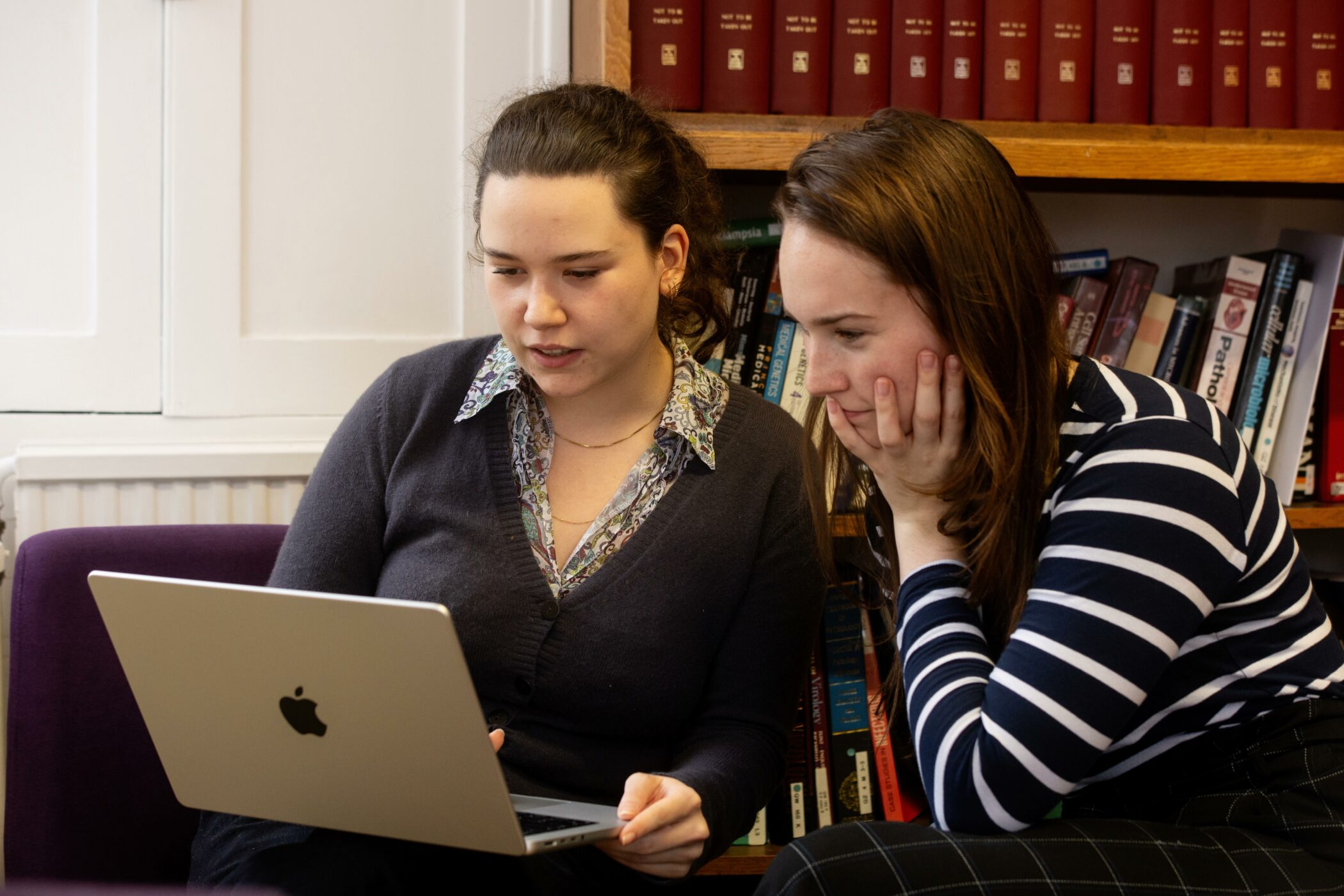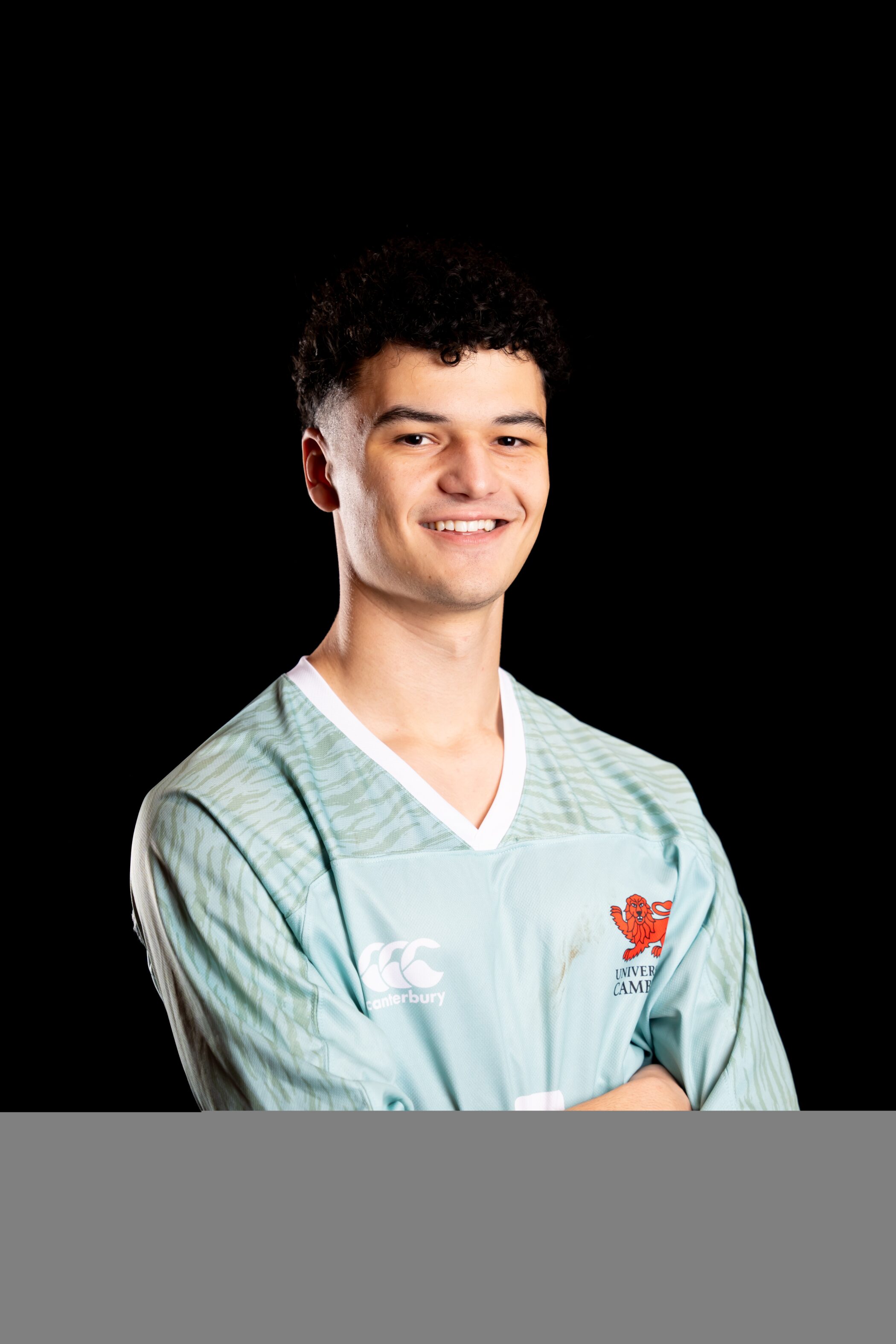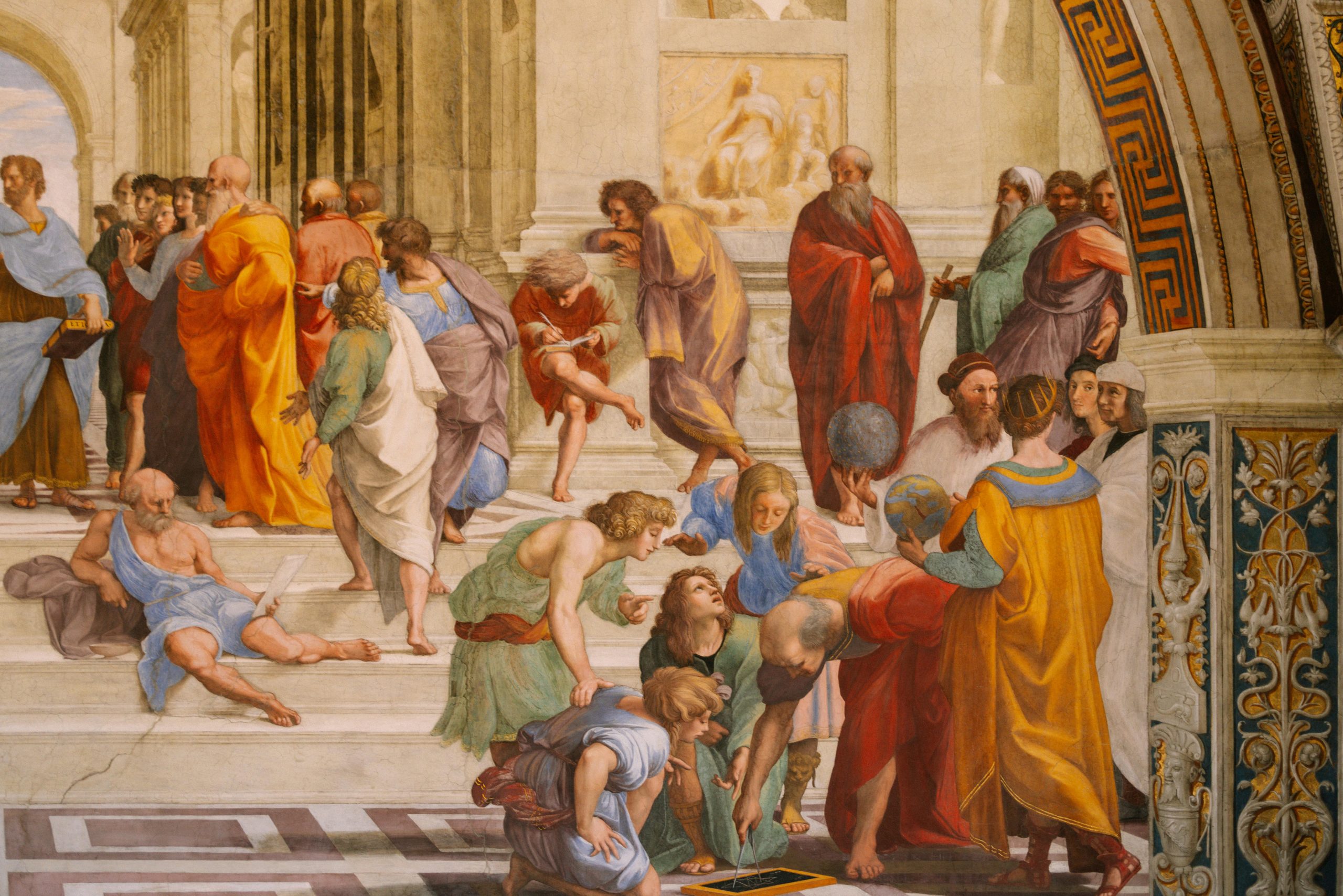Studying Philosophy at Cambridge
- UCAS Code: V500
- How many are admitted to Cambridge every year: 50
- Typical offer: A*AA at A Level, 41-42 points at IB with 776 at Higher Level
- Essential subjects: None
- Useful subjects: Mathematics, Religious Studies, Philosophy, English Language or Literature, History, Languages
- Course length: BA (Hons) 3 years full-time; 2 years full-time for affiliate degrees
Cambridge has an excellent track record in philosophy. Bertrand Russell and Ludwig Wittgenstein once worked here, as did G E Moore and Frank Ramsey. Today, the Faculty of Philosophy is widely respected for the high quality of its research, and the low ratio between students and teachers guarantees that each student will get excellent training in developing his or her philosophical skills.
Philosophy is the study of fundamental problems about the nature of knowledge and reality and about our moral and political ideas. In universities, it is studied in a way which lays considerable emphasis on very precise and careful argument. Although undergraduates in Cambridge read a wide range of philosophical authors, the main aim of the course is not to impart information about which author said what. Rather, the aim is that students acquire the kind of skill in reasoning which will enable them to tackle problems of a philosophical character and to think intelligently about abstract questions generally.
Throughout the three years, you are encouraged to read the works of modern philosophers and to think directly about philosophical topics, constructing your own arguments and exploring criticisms of the arguments of others. The history of philosophy is taught at every level and the course includes papers on ancient, early modern, and nineteenth- and twentieth-century European philosophers.
There are currently around 150 undergraduates and 50 postgraduates studying in the Faculty of Philosophy. There are over 30 academic philosophers working in the Faculty of Philosophy.
What can I do with a degree in Philosophy?
Philosophy graduates go into a wide range of sectors following successful completion of their studies. The most popular sectors are banking, accounting, and consultancy followed by teaching and public service. Many students progress to further study. The Faculty of Philosophy offers both an MPhil and a PhD in Philosophy.
For more information, please visit the University Careers Service website at: Using your degree: Philosophy | Careers Service

What we look for
It is neither a requirement nor a particular advantage to have studied Philosophy at A Level. You will need of course to show in your personal statement and at interview that you have read some philosophy and have some sense of what you are applying for! Philosophy involves a lot of close critical thinking and logical argument so we are looking for students who can excel in these areas.
Studying Philosophy at St Edmund’s College
The Philosophy students at St Edmund’s are either mature undergraduate or affiliated students. We also have a small number of students studying for the MPhil in Philosophy. Our students come from many different countries and cultures. The Philosophy students are looked after by our Director of Studies, Dr Jeff Phillips.
The college offers several spaces where you can study and work on your essays including the Paul Luzio Library Building, the Norfolk Library, study desks in the Mount Pleasant Halls Common Room, the comfortable couches of the CR, in Edspresso, our café, or the benches in our lovely apple orchards!
We also have six study rooms (2 in the Luzio building, 2 in Norfolk Building, and 1 in Mount Pleasant Halls), where college supervisions typically take place, and which can also be booked by students for their private study time or group projects.
Our college also has an extremely supportive Welfare and Wellbeing Department, which is happy to lend an ear and provide support should a student feel anxious or overwhelmed with the academic year.

Philosophy at Cambridge may be known best for its association with the likes of Bertrand Russell and Ludwig Wittgenstein, and while it is the best place to study these thinkers, the course offers much more. The strength of the department across all areas of philosophy, along with the flexibility of the degree, allows you to focus on those questions that really interest you. The degree is also flexible in allowing those (like me) who dislike exams have the option to swap some of them for coursework.
How to Apply
Applications for all courses are made through UCAS. You must apply by 15 October 2025 to be considered for entry in October 2026.
Requirements
Written Work
Tests
Interviews
Deferred Entry
Affiliated Students
What is a typical Term’s work
Course structure
The academic year for undergraduates is divided into three terms – Michaelmas, Lent, and Easter – of eight weeks each. The course or ‘tripos’ is divided into three parts: Part IA (Year 1), Part IB (Year 2), and Part II (Year 3). Teaching takes place at the Faculty of Philosophy at the nearby Sidgwick Site. You will also have access to resources in the Casimir Lewy Library, which provides support for philosophical study and research. You will also be able to use our library at St Edmund’s as well as the University Library. Teaching takes place in the form of weekly lectures, classes, and supervisions. Your supervisions and academic progression are overseen by our Director of Studies, Dr Jeff Philips. You will usually have 6 to 12 lectures each week and 1 to 3 supervisions or small classes each week.
In Part IA, you will take 5 compulsory core papers that will provide a foundation for developing the reasoning skills required to tackle philosophical problems. You will also learn to think intelligently about abstract questions.
In Part IB, you will take 2 compulsory papers and 3 further papers of your choice. These latter papers include History of Analytic Philosophy, Aesthetics and Philosophy of Art, and Ethics. (Please note that this is just a small selection of papers available.)
In Part II, there are no compulsory papers and you will instead choose 4 papers from an extensive range of subjects. Papers recently available include Philosophy of Mind and Philosophy in the Long Middle Ages. It is also possible to ‘borrow’ a paper from another course such as Classics.
Assessment is typically by written examination at the end of each term. In Years 2 and 3, you can replace one written examination with two essays of 3,000 to 4,000 words each. In Year 3, you can replace one written examination with a dissertation of 6,000 to 8,000 words on a subject of your choice.
People
- Director of Studies: Dr Jeff Philips


